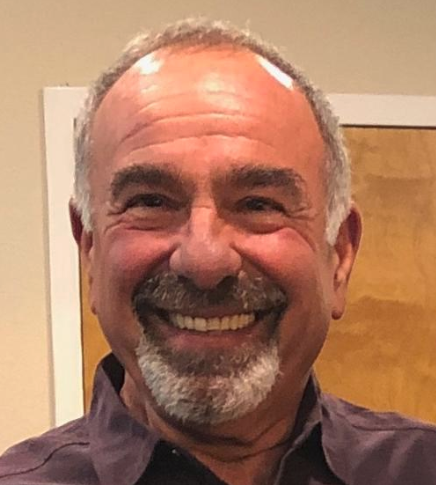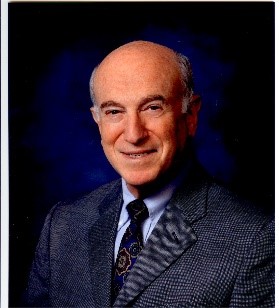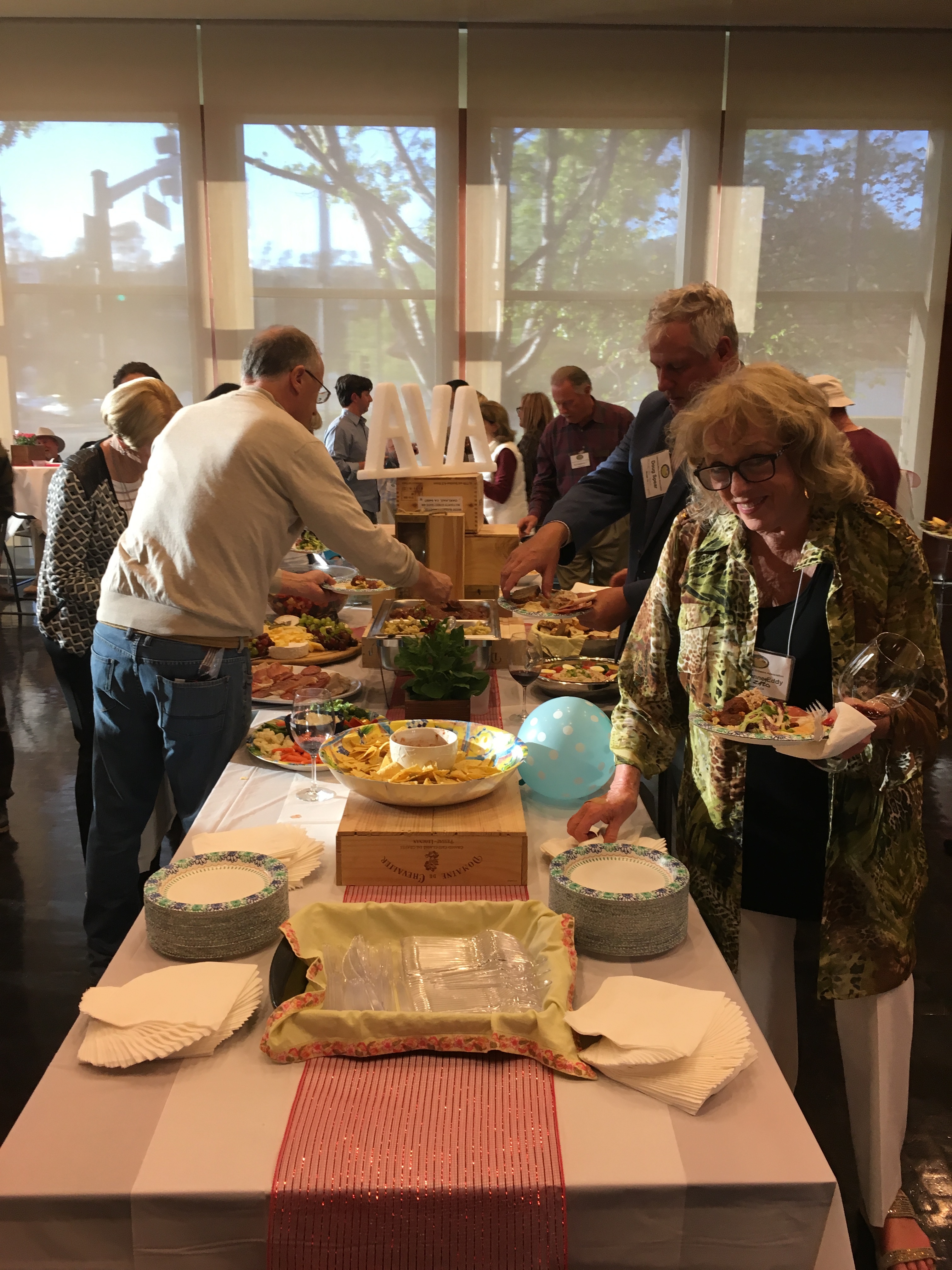Nearly fifty years after it was first used as a herbicide, Roundup, and its active ingredient Glyphosate, is increasingly being linked to cancer: https://www.theguardian.com/us-news/2023/jan/20/glyphosate-weedkiller-cancer-biomarkers-urine-study
New research by top US government scientists has found that people exposed to the widely used weedkilling chemical glyphosate have biomarkers in their urine linked to the development of cancer and other diseases.
The study, published last week in the Journal of the National Cancer Institute, measured glyphosate levels in the urine of farmers and other study participants and determined that high levels of the pesticide were associated with signs of a reaction in the body called oxidative stress, a condition that causes damage to DNA. Oxidative stress is considered by health experts as a key characteristic of carcinogens.
The authors of the paper – 10 scientists with the National Institutes of Health and two from the Centers for Disease Control and Prevention (CDC) – concluded that their study “contributes to the weight of evidence supporting an association between glyphosate exposure and oxidative stress in humans”. They also noted that “accumulating evidence supports the role of oxidative stress in the pathogenesis of hematologic cancers”, such as lymphoma, myeloma and leukemia.
My suggestion is that if your vineyard manager is spraying any type of Glyphosate containing weed killer, or any other chemical-based weed killer, you should stay very far away from the sprayed area for a very long time. It has taken nearly 50 years to start to learn about the cancer risks of Glyphosate. There are no human safety trials conducted on other chemical based synthetic herbicides, so if you vineyard manager is telling you that what they are spraying is safe, please think otherwise, as there is no scientific basis to make such a claim.
There may be a lessor degree of risk from chemical based fungicide sprays, but again, no human safety trials are conducted on these widely used products. So, vineyard owners and their families and guests should steer clear of their vineyards for at least a week after any non-organic chemical fungicide spray.







